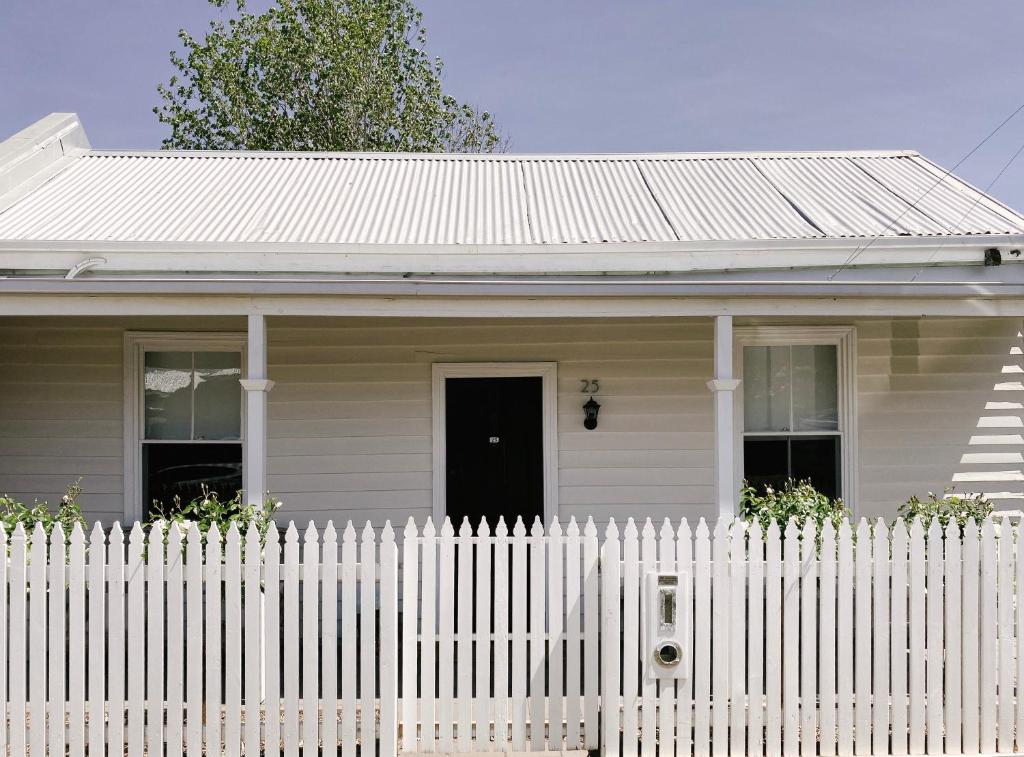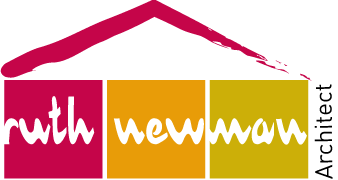
Six biggest building budgeting mistakes
If you’ve not been through a home building or renovating experience, setting a budget can be difficult. At Ruth Newman Architects we help guide your budget based on price per square metre, as well as alerting you to the following areas that can cause budget blow-outs:
1) Overspending
Not all items add value to a home, and are not necessarily considered of value by others, when it comes to resale. However, this may not be a consideration if you are planning to stay in your home for an extended period.
2) Underestimating
Focus on what you want your finished property to look like. Often the greatest area of underestimating is the finishing costs. The grade of fixtures, including standard, luxury or custom, can impact the cost of a home (see point 6).
3) The Land
Allow for stamp duty and settlement costs on top of the purchase price of the land. If you are buying a block with an existing old home, try to pay as close to land value as possible.
4) Site costs
Preparing the site for construction has many costs, including:
• retaining walls
• levelling a block
• demolition of old home, and removal of trees
• providing new services: water, power, gas etc.
5) Planning applications and permits
These vary so understand what is required in your build and the costs associated. These can include council fees, surveyor costs, driveway designs, engineering and landscape designs depending on your project.
6) Internal and external finishes
This is where the budget can vary widely based on how extravagant you want to go with materials, upgrades and finishes. As a guide to finishing your home, for a medium level finish allow approximately 15% of your overall building budget. For a higher level of finish allow approximately 25%.
You may also have specific (one-off) item/s you wish to include in your home like rain water tanks, solar hot water or solar electricity. These can add considerable cost and should be factored in over and above the main budget.
A builder’s ‘standard’ price may not include certain costs, so be sure to specify your needs in the schedule in order to be clear on your final budget. They also have an ‘allowed’ price for Prime Cost Items, such as bathrooms and WCs, that may be well below the price of the items you would like.
Ways to keep your budget on track
To accurately find out the cost of a project you can use a Quantity Surveyor (QS). Builders’ costings are often not reliable early on in the design process and can increase greatly when the full scope of work is revealed.
A Quantity Surveyor (QS) specialises in building measurement and estimates the value of construction costs. A QS can also add a vital reality check if appointed independently of builder and architect. A good QS will challenge both architect and builder, making sure you are never paying for more than what is done.
Whether you choose a QS or not, the point is to identify all your costs early on, otherwise it is like going into a supermarket with a huge trolley and not knowing the price until you get to the checkout.
by Ruth Newman
